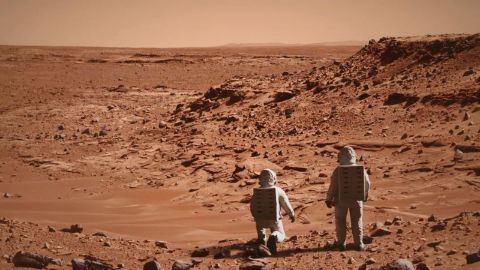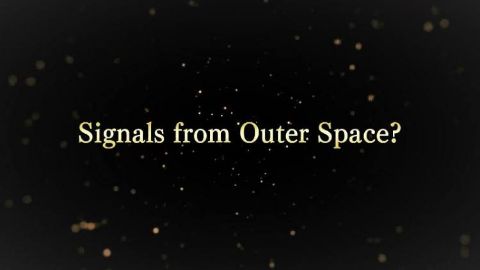Apollo: The Forgotten Films • 2019
In July 1969, history was made as 600 million people watched Neil Armstrong's giant leap for mankind on the surface of the moon. But behind these iconic images is an untold story. Now, 50 years later, Discovery and Science Channel celebrate the Apollo 11 moon landing with a two-hour television event, APOLLO: THE FORGOTTEN FILMS, that tells the complete story of this most audacious of missions. Featuring forgotten and never-before-seen footage from events surrounding the landmark mission, the documentary by Duncan Copp traces the decade's worth of effort involving half a million scientists that was required to enable that "one giant leap for mankind". The archives reveal the incredible lengths an army of engineers, scientists and astronauts went to, to achieve America's greatest technological feat.
Make a donation
Buy a brother a hot coffee? Or a cold beer?
Hope you're finding these documentaries fascinating and eye-opening. It's just me, working hard behind the scenes to bring you this enriching content.
Running and maintaining a website like this takes time and resources. That's why I'm reaching out to you. If you appreciate what I do and would like to support my efforts, would you consider "buying me a coffee"?
Donation addresses
BTC: bc1q8ldskxh4x9qnddhcrgcun8rtvddeldm2a07r2v
ETH: 0x5CCAAA1afc5c5D814129d99277dDb5A979672116
With your donation through , you can show your appreciation and help me keep this project going. Every contribution, no matter how small, makes a significant impact. It goes directly towards covering server costs.





